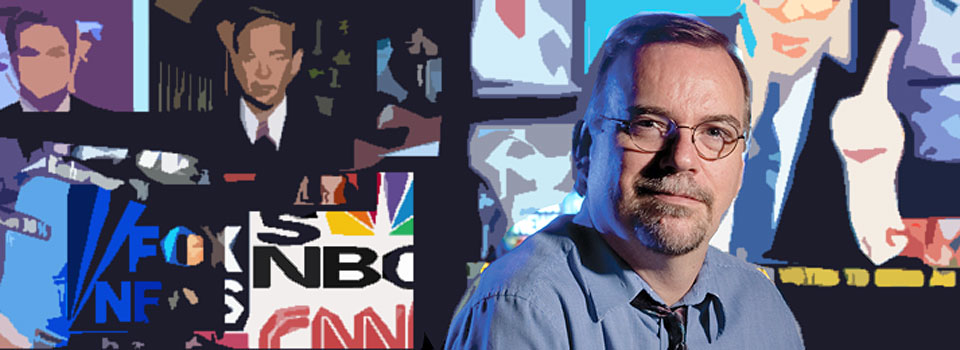When it comes to politics, there is what people know and what they think they know.
The difference is important. A successful democracy depends on a truly knowledgeable electorate, able to offer reasoned opinions on the issues of the day and wisely choose among candidates. Yet studies conducted since the 1940s consistently find most Americans to be ill-informed about public affairs.
That the general public lacks political knowledge won’t surprise anyone who has spent an interminable holiday afternoon listening to a wacky uncle weave his latest conspiracy theory. A bigger problem for the nation is that their uncles-and a great many other (presumably less wacky) people, believe they are well-informed. As such, they may no longer pursue new information, especially if it challenges their preexisting beliefs. Or they may fill up on news-like content that gives them the sense of being informed when, often, they are not.
The media, it turns out, both help and hurt in this regard.
The self-satisfying sense of being informed has many names, depending on the scholarly field you happen to plow-self-efficacy, internal efficacy, feeling of knowing, and perceived knowledge, just to cite a few. For me, the issue is less that people feel this way than how they get there, and the consequences of their misperception.
I first examined this phenomenon in the early 1990s while studying the effects of an emerging political force at that time: political talk radio. My initial study found that for less-educated people, listening to talk radio increased their perception of being informed but did little to boost their actual political knowledge. Better-educated individuals, on the other hand, did glean useful information from such programs. I found similar results for young people who watched such programs as The Daily Show with Jon Stewart.
My best explanation is what I call the “empty calorie hypothesis.” In nutrition, fill up on empty calories such as a soft drink and you’re less hungry and therefore less likely to eat the food that’s good for you. Analogously, filling up on entertaining or highly partisan news may have a similar effect. Instead of eating their veggies-that is, the traditional yet often boring news-people turn to content that’s more flavorful, more fun.
Hence “easy news” is on the rise, and there is less consumption of serious news. Or, in the words of that great philosopher Mary Poppins, “Just a spoonful of sugar helps the medicine go down, in a most delightful way.” But in this case the “sugar” dilutes the medicine; it lessens learning. In much the same way, I suspect that social media such as Facebook and Twitter, with their links and comments and sharing of messages among people very much like ourselves, may do more to give us the sense of being informed than actually informing us.
As a journalism professor this trend clearly worries me, as it bodes diminished influence for my field and fewer useful opportunities for my students. But of greater concern is a public less capable of making sense of an increasingly complicated political world.
I love Jon Stewart, and I even like talk radio, but for many people this blurring of the line between entertainment and news may seriously affect how they deal with politics and public affairs. Or, as Neil Postman wrote a few decades ago, we may be “amusing ourselves to death.”


